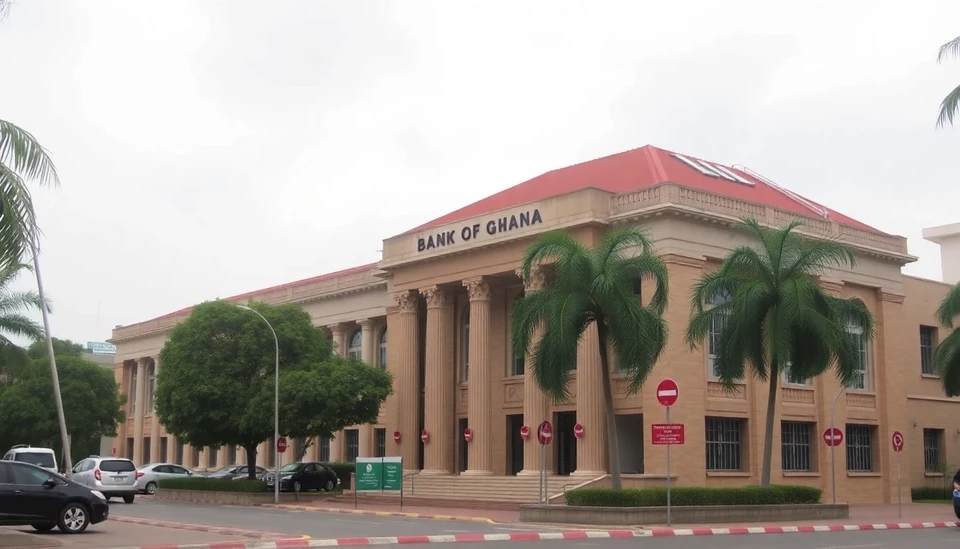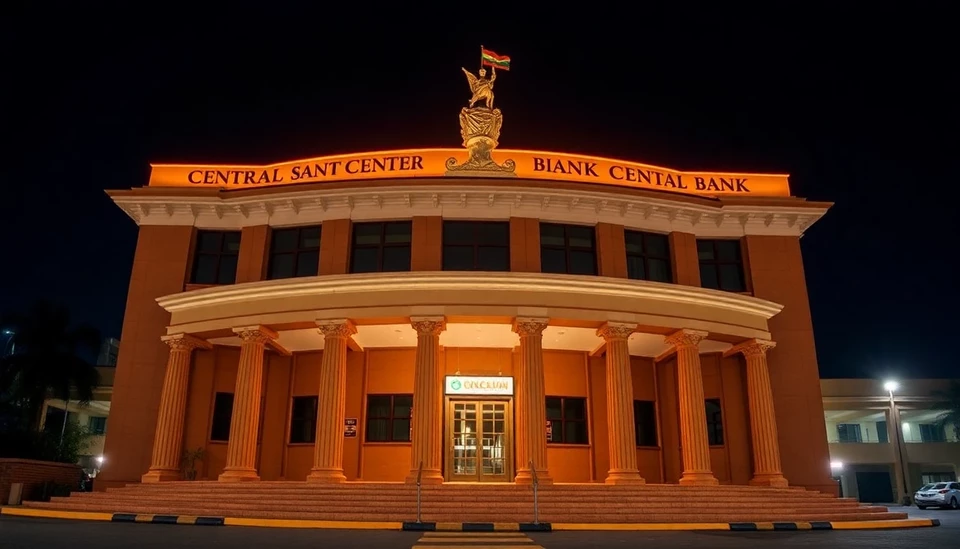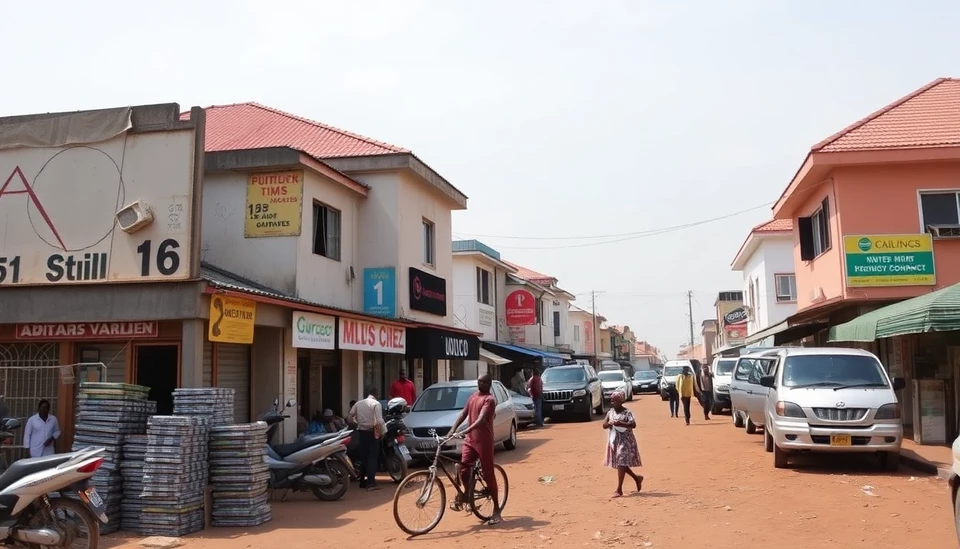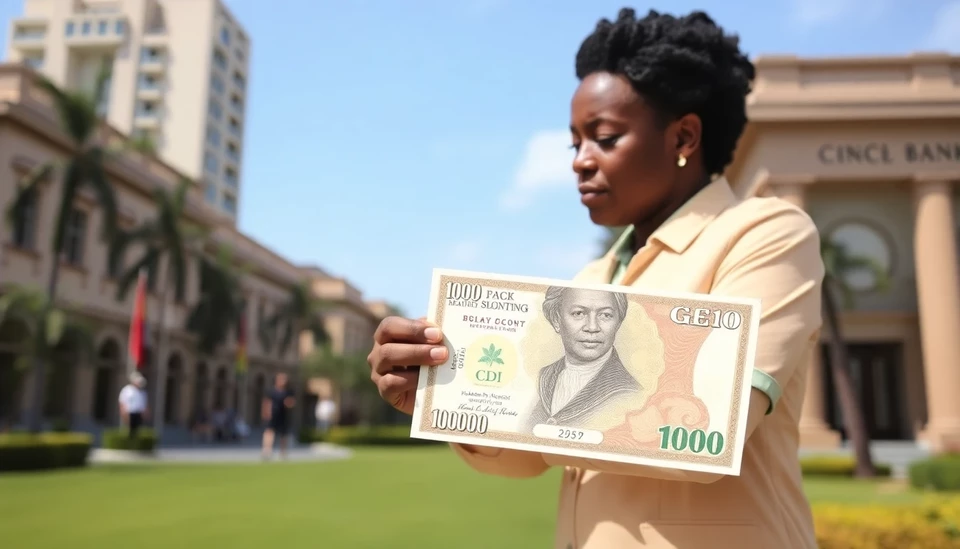
The Bank of Ghana has decided to keep its benchmark interest rates unchanged as it grapples with surging inflation that has prompted concerns across the economy. In its latest policy announcement, the central bank underscored the delicate balance it must maintain in managing both economic stability and controlling inflationary pressures.
As inflation figures reached concerning levels, the decision to hit pause on interest rate hikes reflects the Bank's attempts to navigate a complex economic landscape. The policy rate remains at 30%, where it has stood since the last adjustment in September.
Central Bank Governor Ernest Addison noted during the announcement that the inflation rate has been influenced by several factors, including rising food prices and increasing costs of imported goods. The latest report indicates that inflation surged to 42.5% in October, marking a significant jump from previous months and highlighting ongoing economic challenges.
In light of this situation, the Bank of Ghana aims to ensure that any future policy changes will be mindful of both controlling inflation and fostering economic growth. The central bank remains vigilant, prepared to adapt its strategy should inflationary pressures increase further.
Experts have weighed in on the implications of this decision, suggesting that the Bank of Ghana's hold on rates may provide temporary relief to consumers and businesses alike. However, they caution that prolonged inflation could necessitate more decisive action in the near future. Investors and market analysts will be closely monitoring upcoming economic indicators as well as the Bank's subsequent moves.
The potential for future rate adjustments looms large, especially given the unpredictability of global economic conditions and their impact on Ghana’s economy. The central bank remains committed to stabilizing prices while supporting economic growth initiatives, holding onto the delicate thread that binds these two crucial objectives together.
As the economic landscape continues to evolve, all eyes are now on the Bank of Ghana to see how the situation unfolds and what strategies it may employ to combat ongoing inflationary trends while promoting overall economic resilience.
In the coming months, developments in the global economy, such as fluctuations in oil prices and changes in trade patterns, could significantly affect local economic conditions, making the central bank's role even more critical. Policymakers and stakeholders alike will be looking for indications of how the bank intends to pivot its strategy moving forward.
In summary, while the Bank of Ghana is currently opting for a wait-and-see approach, the pressures of rising inflation are undeniable, and proactive measures may soon be necessary to safeguard the Ghanaian economy against excessive inflationary pressures.
#BankofGhana #InterestRates #Inflation #Economy #GhanaEconomy #CentralBank #FinancialNews
Author: Rachel Greene




